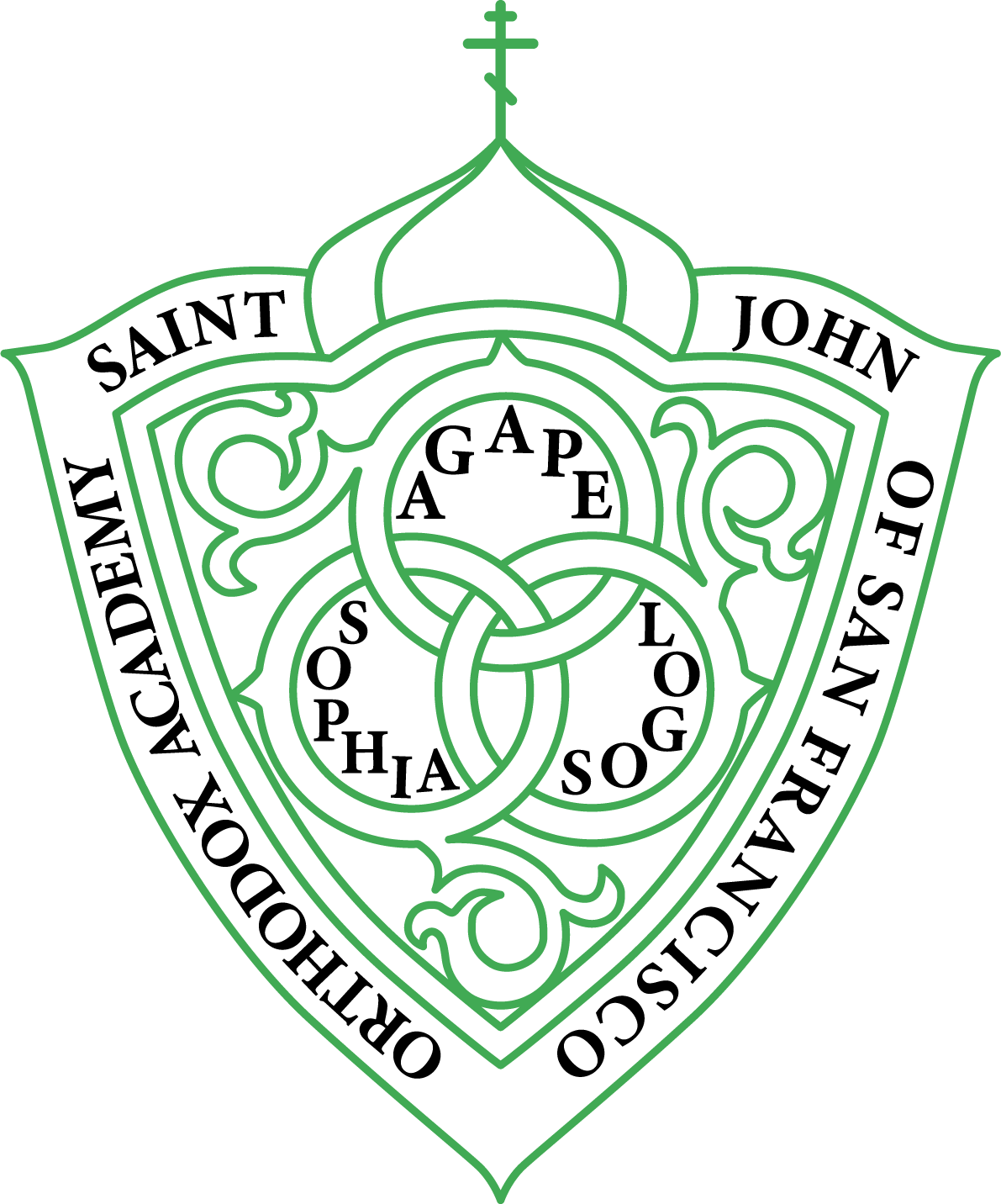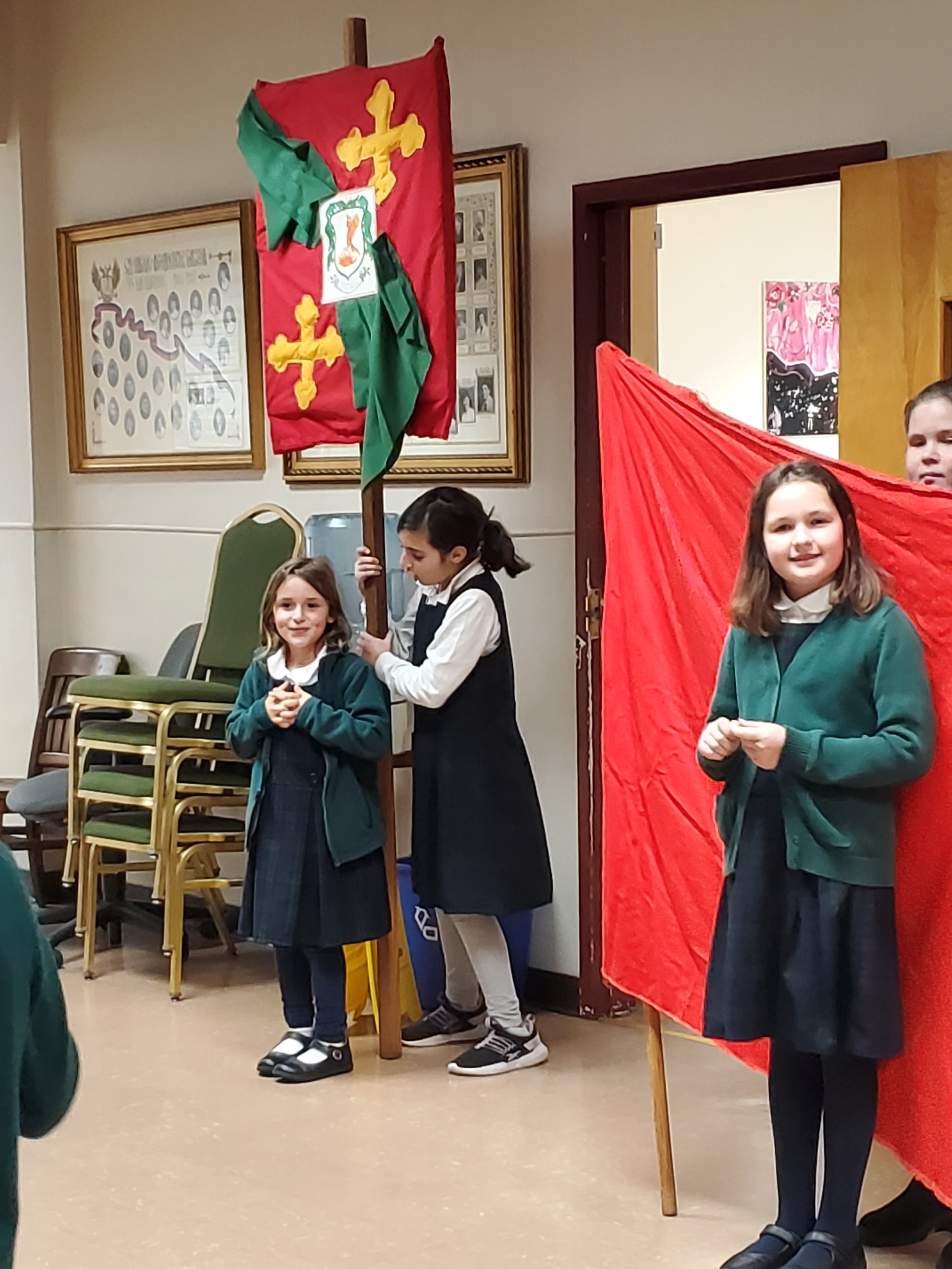Classical Education
Why is Classical Education useful?
In today’s postmodern and fragmented world, classical education is more relevant than ever before. A classical education, by design, encourages students to seek truth, to desire goodness, and appreciate beauty. This approach, developed in antiquity, has been the preferred method of education by the world’s most successful and long-standing educational institutions precisely because it develops in our children the ability to think broadly, to question with discernment, to reason soundly, and to act with integrity.
The use of a Classical Christian approach to education supplies students with a traditional Christian knowledge base and the academic means to defend, share, and represent their faith in today’s modern world.
What is a Classical curriculum?
Classical education is an approach to education that also defines its curriculum.
The classical approach emphasizes the cultivation of wisdom and virtue as equal goals of education. Together these lead to a well-ordered soul. Classical education teaches students to discern those things which are true, good, and beautiful; to distinguish what is superior and what is inferior and to prefer that which is superior.
Classical Education views the Kindergarten through Eighth Grade journey as having two distinct stages (Trivium): Grammar (K-5) and Logic (6-8).
The three stages correspond with the natural phases of child development:
The focus of the Grammar, or input stage, is on supplying students with ideal moral and academic models.
The Logic stage emphasizes providing students with logically sound processes so that they may develop discernment and an analytical approach to the world around them.
The final stage, Rhetoric, acts as the output stage. Continuing to develop their critical and analytical skills, students become rhetoricians, thinkers, and creators who graduate as young adults prepared to participate in their communities as engaged citizens and Christians.



